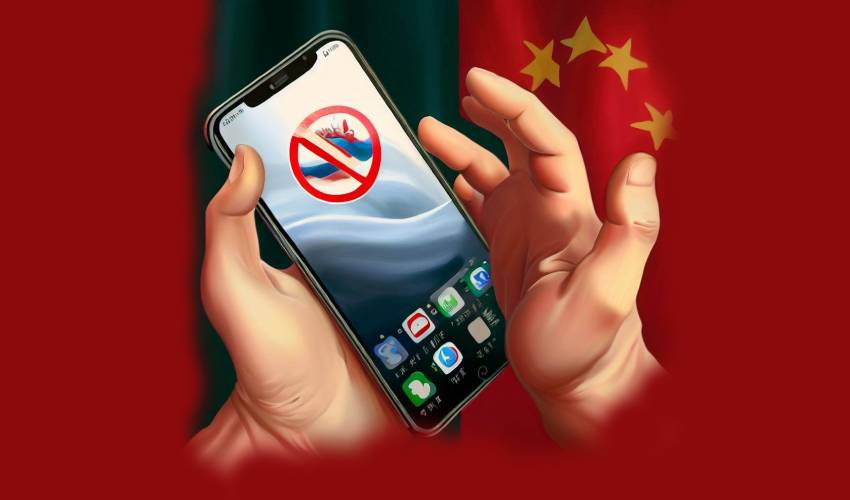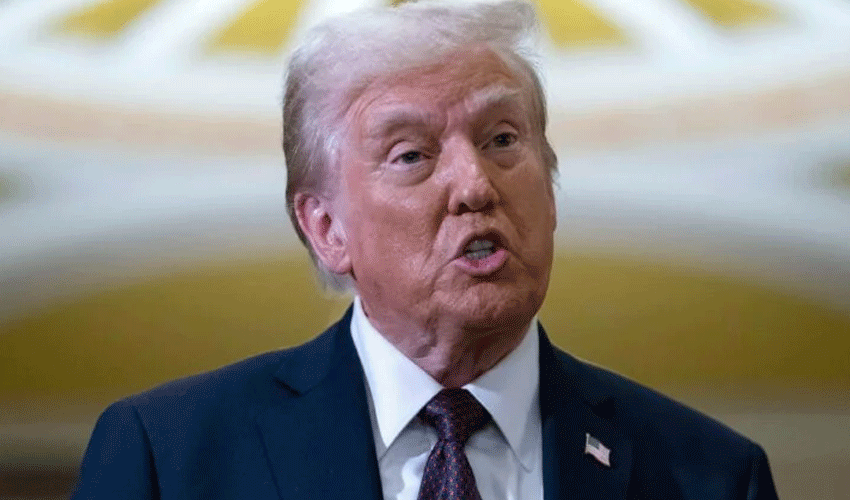Citing national security risks amid heightened geopolitical tensions with the United States, a few Chinese ministries have told their employees to stop using Apple iPhones at work .
The orders were given in August to employees at ministries that focus on investment, trade, and international affairs.
The measures are meant to reduce the likelihood of national security risks arising from the use of telecommunication devices made by a US company.
A similar ban is believed to have been in place for years for some government bodies, but the latest order has expanded that ban.
The South China Morning Post reported that the restrictions on phone usage were not imposed on all ministries.
The order only targets the iPhone, designed in California, and does not involve other smartphones from foreign brands.
Employees in the affected ministries have until the end of this month to switch to other phone brands for work use.
The iPhone is the only foreign-made smartphone with a significant market share in China.
According to the latest data from tech market tracker Counterpoint Research, the iPhone had 17.2% of the Chinese market, the same as Chinese phone maker Oppo, and only slightly behind China's Vivo.
Similar bans
The US and its allies have also imposed bans on Chinese telecommunications devices.
The Biden administration has banned electronic equipment from Chinese tech giants Huawei and ZTE since November 2021 for the purpose of "protecting the American people from national security threats involving telecommunications".
Many Western countries have banned the Chinese social media app TikTok from federal government devices since November last year because they fear that the Chinese government could access American users' data if it forced the company to do so.
Beijing has resorted to this move as it lock horns with Washington over trade, technology, and espionage.
In July, China's State Security Minister Chen Yixin called for stricter measures to "proactively defend" against spies to strengthen national security and the Communist Party's leadership, citing risks from an unpredictable global environment.
Not the first time
The Chinese government has a history of restricting foreign technology, such as when it banned Tesla from entering government facilities and military compounds in 2021.
Beijing has made it harder for foreign companies to access data collected in China as it tightened its national security laws, including one that requires data collected in China to be stored within the country.
A new anti-espionage law that took effect in July prohibits cyberattacks against the government to gain data and information "related to national security and interests" without permission.
Since 2017, Foreign companies have to store users' data in China if they want to do business there after cybersecurity legislation.
Apple has hosted Chinese users' data in a data centre located in the southwestern province of Guizhou since 2018.
China's government passed a law in 2021 requiring all smart vehicles to store data collected in China within the country. Tesla opened a data centre in Shanghai the same year to comply with the law.



























